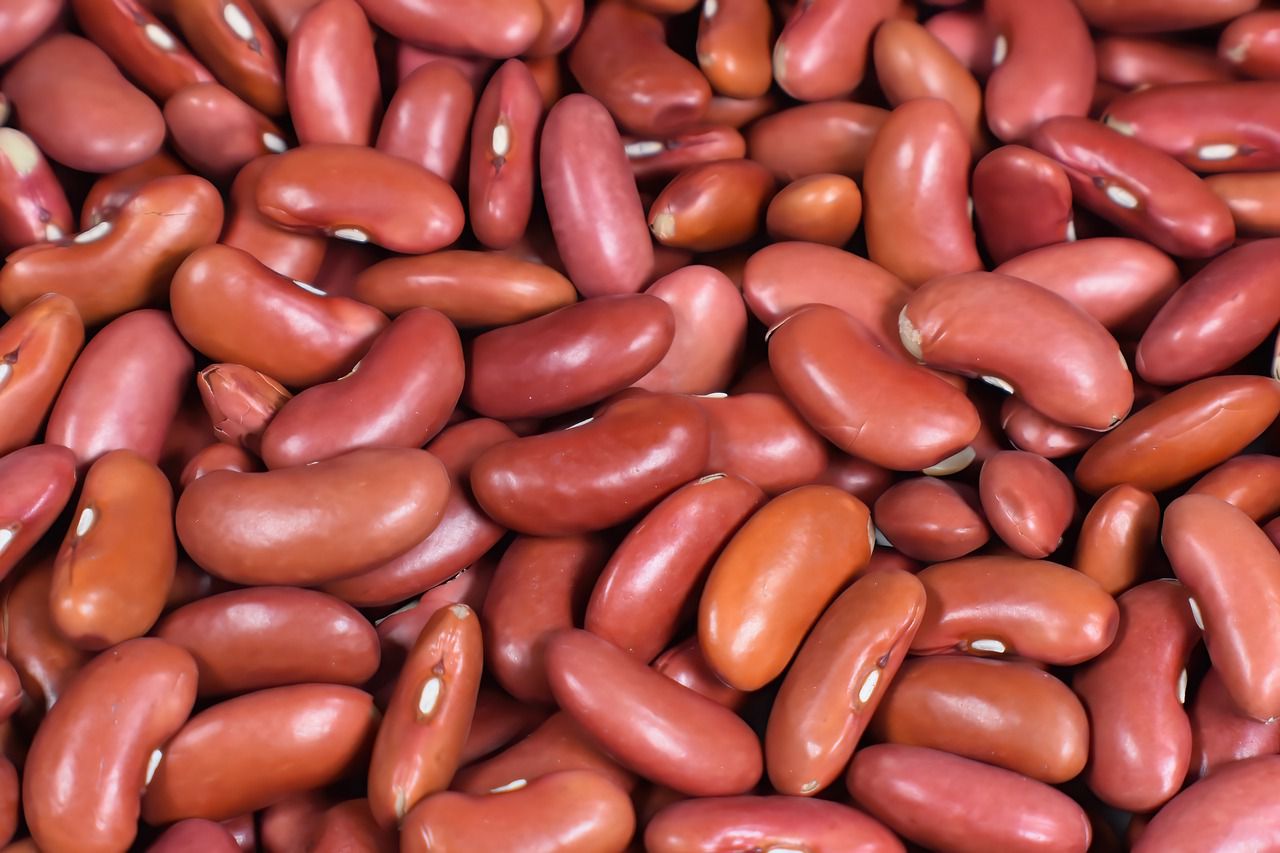Even the healthiest foods can become dangerous when they're cooked or stored improperly.
While beans are generally safe and nutritious, they can be potentially dangerous in some situations due to certain compounds and factors that can cause adverse effects.
Here are some reasons why beans can be dangerous sometimes.

Lectins
Beans contain natural compounds called lectins, which are proteins that can be toxic in large quantities.
Lectins can interfere with nutrient absorption and cause digestive issues, such as bloating, gas, and stomach discomfort.
However, most lectins are destroyed by proper cooking methods, and the risk is minimal when beans are cooked thoroughly.
Phytates
Beans contain phytates, which are compounds that can bind to minerals like zinc, iron, and calcium, reducing their absorption.
This can lead to nutrient deficiencies, particularly in diets heavily reliant on raw or improperly prepared beans.
Soaking, sprouting, or fermenting beans can reduce phytate content and enhance mineral absorption.
Flatulence
Beans are known for causing gas and flatulence due to their high fiber content and the presence of complex carbohydrates that are difficult to digest.
Some people may have a hard time breaking down these carbohydrates, leading to excessive gas production and discomfort.
Toxic varieties
Some varieties of beans, such as red kidney beans, contain a natural toxin called phytohemagglutinin.
Eating undercooked or raw kidney beans can cause symptoms like vomiting, diarrhea, and stomach pain.
It is crucial to cook kidney beans thoroughly to destroy this toxin.












